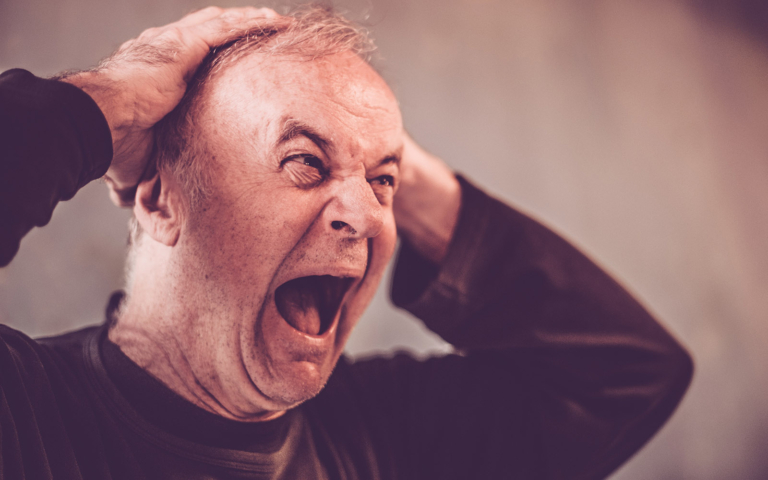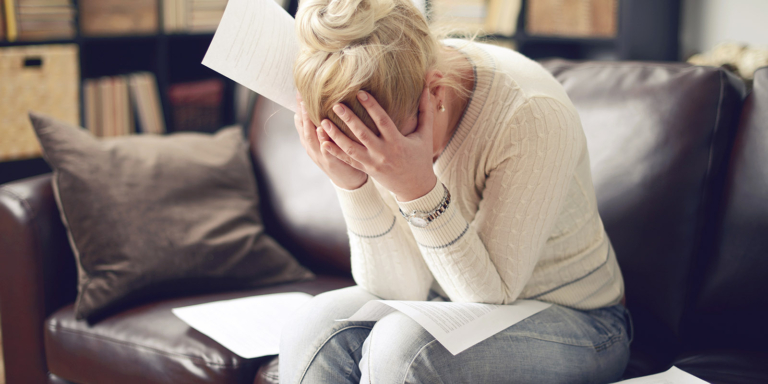
ANXIETY
Building resilience in stressful situations
Anxiety refers to feelings of worry, nervousness, or a sense of apprehension, typically about an upcoming event where the outcome is uncertain. Anxiety is commonly experienced in high pressure situations or following a stressful event.
Common symptoms of anxiety include: difficulty concentrating, racing thoughts, restlessness or feeling on edge, avoidance behaviour, rapid heartbeat, pounding heart, tight chest or chest pain, trembling or shaking, fast/shallow breathing, shortness of breath, feeling lightheaded or faint, numbness or tingling sensations, upset stomach, nausea or sweating.
Anxiety is generally considered a natural reaction to a stressful situation. However, for some people anxious thoughts, feelings, or physical symptoms can become severe and upsetting, interfering with their ability to go about their daily lives. When this interferes significantly with a person’s life or wellbeing it is often referred to as an Anxiety Disorder.
Common Anxiety Disorders
Generalised Anxiety Disorder
Generalised anxiety disorder is characterised by persistent and excessive worry about daily events that is not specific to any one thing.
Social Anxiety
Social anxiety disorder is characterised by severe anxiety about being criticised or negatively judged by others, leading to avoidance of social and public events.
Panic Attacks
A panic attack is a sudden and intense rush of fear or dread. During a panic attack people experience strong physiological and psychological symptoms that include sudden surges of overwhelming fear and anxiety, and physical symptoms such as chest pain, heart palpitations, dizziness, and breathlessness.
Panic Disorder
Panic Disorder is characterised by the experience of repeat panic attacks, and the fear of having future panic attacks.
Agoraphobia
Agoraphobia involves intense anxiety following exposure to, or anticipation of, a variety of situations such as public transportation, open spaces, crowds, or being outside of the home alone. It also manifests as anxiety about being in situations from which escape might be difficult or embarrassing if you have a panic attack.
Specific Phobia
A fear becomes a phobia when it causes substantial distress and/or interferes with a person’s life. People with a specific phobia experience extreme anxiety and fear of particular objects or situations. Common phobias include fear of flying, fear of spiders, and fear of injections.
Obsessive Compulsive Disorder
Obsessions are persistent unwanted intrusive thoughts or images, that create significant discomfort, distress, and anxiety. Compulsions are mental or physical acts that people perform to try to “override” the obsessional thought, which temporarily reduces their anxiety and distress.
Individuals with OCD have recurring, persistent, and distressing thoughts, images or impulses, known as obsessions (e.g. a fear of catching germs), or feel compelled to carry out certain repetitive behaviours, rituals, or mental acts, known as compulsions (e.g. hand-washing). These thoughts and acts can take over a person’s life and while people with OCD usually know that their obsessions and compulsions are an over-reaction, they are unable to stop them.
Post-Traumatic Stress Disorder
PTSD refers to a set of symptoms that can occur after exposure to a frightening and traumatic event. Symptoms include a sense of reliving the traumatic event (through ‘flashbacks’ or nightmares), avoidance of places, people, or activities which remind the person of the event, feeling numb or detached from others, having negative thoughts about oneself and the world, feeling irritable, angry, or wound up, and having trouble sleeping.
Treatment:
Treatment involves learning what causes and maintains your particular anxiety disorder for you, and how to overcome it.
Cognitive-behaviour therapy (CBT) has been found to be the most effective treatment for anxiety disorders. CBT is a type of psychological therapy that helps an individual to change unhelpful thoughts and behaviours, and can involve problem solving, exposure therapy, cognitive restructuring, mindfulness and relaxation.
In addition to the above psychological techniques, making simple changes to a person’s lifestyle can help lower stress and anxiety. Regular exercise, lowering or eliminating alcohol and caffeine, engaging in enjoyable activities, improving time-management skills, and having adequate sleep can help to lower anxiety.
To learn more, book an appointment at The Feel Good Clinic, or get in touch.
or call (02) 9212 5541
Some useful links:
Lifeline
24-hour counselling, suicide prevention and mental health support
Telephone: 13 11 14
beyondblue
Provides information on anxiety, depression, and related disorders
Telephone: 1300 22 4636
MensLine Australia
A 24-hour telephone and online service offering support, information and referrals for men dealing with relationship problems.
Telephone: 1300 78 99 78


